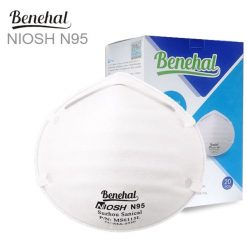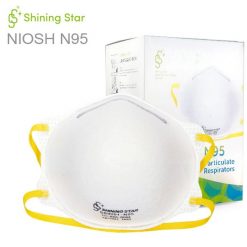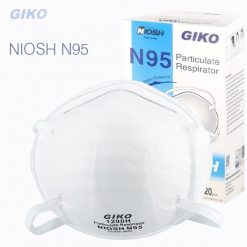Do Insulation Workers Need Personal Protective Equipment (PPE)?
This question seems easy to answer because, after all, the first thing that comes to mind is hard hats and goggles to keep dust out of your eyes and skin from chemicals and fiberglass insulation. However, you also need to know more about whether it is appropriate for you and your employees to wear personal protective equipment when working on insulation projects. Let’s take a look at what you need to know about personal protective equipment in the construction industry.
What insulation workers do when they work
Insulation workers are responsible for installing insulation equipment in homes and businesses. They use a variety of tools to get the job done, including knives, saws, and other power tools. In some cases, they may also need to use personal protective equipment (PPE) to protect themselves from insulation and other hazards.
Most insulation workers require some form of personal protective equipment (PPE) while on the job. PPE is any clothing or equipment worn to protect the body from injury or infection. The type of PPE insulation workers need depends on the work they do and the materials they use. Some common types of PPE used by insulated workers include gloves, respirators, and goggles.
Every year, millions of workers need to wear respirators on the job to protect themselves from dangerous and even deadly airborne particles. However, many feel that the respiratory protection standard (29 CFR 1910.134) does not apply to them, including insulated workers.
Do Insulation Workers Need Protective Gear?
There is no easy answer to the question, do insulation workers need PPE? Some believe these devices are necessary to protect workers from potential health hazards. Others argue that these devices are not necessary and may actually be detrimental to worker safety. The truth may lie somewhere in between. Ultimately, it is up to each worker to decide whether to use personal protective equipment. Workers exposed to airborne insulating particles need to wear personal protective equipment (PPE) to reduce exposure. PPE includes respirators, gloves, and eye and face protection. Wearing PPE is the best way to protect workers from insulating particles.
Are N95 masks necessary for insulation workers?
Let’s start by looking at what N95 masks do. N95 masks are designed to prevent the wearer from breathing in harmful airborne particles, including dust, smoke, and mold. These masks are also often used by healthcare workers to protect themselves from infectious diseases. While N95 masks are not required for all insulation jobs, they may be required in some jobs, such as those involving dusty areas. N95 masks can provide some protection against dust and other particles. If insulation workers do wear an N95 mask, it’s important to make sure it fits and doesn’t interfere with their breathing. Insulation workers don’t necessarily need N95 masks, but they are the best option.
What other protective tools do insulation workers need?
When working with insulation, workers may need to wear several types of personal protective equipment (PPE). This includes gloves, goggles and respirators. Depending on the type of insulation installed, additional tools may be required, such as hard hats or earplugs.
Although the Occupational Safety and Health Administration (OSHA) recommends that insulated workers wear personal protective equipment (PPE), employers should provide PPE to their employees and require it to be used in certain circumstances. Protective masks can help protect workers from health hazards, including insulating fibers that can cause breathing problems. Additionally, PPE (eg helmets, protective clear face shields) can help protect workers from electrical hazards and falling debris.







Thank you for the summary near the end!
Great protection, very helpful.